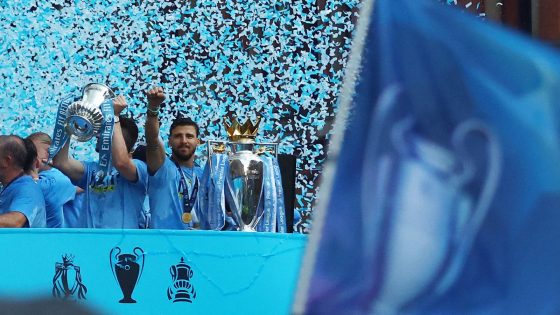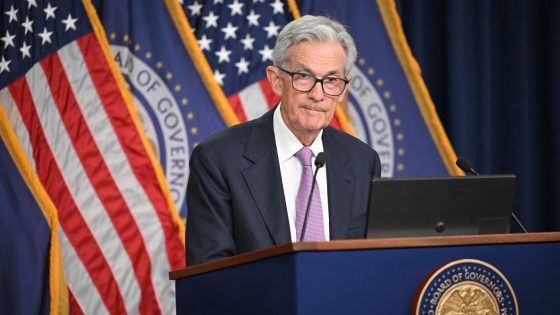Usually in football the result should be clear – just not when it comes to legal battles.
And none is more divisive and consequential than the Premier League against the most dominant current club – Manchester City – over financial regulations.
City are claiming victory over the legality of rules determining how much they can legitimately earn from sponsors linked to their Abu Dhabi ownership of Sheikh Mansour to fund the squad.
It is about compliance with profit and sustainability rules (PSR) that limit the losses allowed, so incentivise clubs to generate as much cash as possible.
But why are the Premier League also claiming victory?
Just look at this from the tribunal.
“We have observed, it is difficult to see how the PSR can be effective without such a mechanism” to calculate the fair market value of sponsors.
And why does it matter?
They help to deliver “sporting integrity and sustainability in the Premier League” and there could be “unsubsidised or undistorted competition” without them.
So it would make it even harder for teams to challenge for the title.
The vast wealth has already allowed City to win four Premier League titles in a row by generating the largest football income in England.
Read more:
What punishment could City face if guilty of charges?
Man City charged by Premier League
And central to this tribunal case is City, in 2023, striking a more lucrative extension of their shirt and stadium naming rights sponsorship with Etihad.
But it is the state airline of Abu Dhabi in the UAE whose vice president is Sheikh Mansour.
Monday’s ruling redacts the amount.
But the league effectively claimed this deal in an “associated party transaction” was marked up at a higher value than a sponsorship with an airline outside of the UAE would be worth.
Where City scored a victory was the league not providing access to comparable sponsorship data until the appeal stage.
Not giving access earlier in the assessment phase was “procedurally unfair”.
So rule changes, the league has indicated are coming, would need to provide a club with that generic sponsorship benchmarking data before a deal could be submitted to be rejected.
👉 Click to subscribe to the Sky News Daily wherever you get your podcasts 👈
And City did find another way at chipping away at the rules.
Clubs receiving interest free loans from shareholders.
Those are now deemed anti-competitive, so PSR calculations should factor in typical interest costs.
But, we now learn, 19 clubs backed excluding interest-free loans from PSR – including Manchester City.
Such is the complexity of these cases.
It will take time to decipher as rules are changed. But how much will change?
Simon Leaf, partner and head of sport at Mishcon de Reya, said: “Whilst the Premier League will undeniably be embarrassed by the findings that its own rules have been found to not only violate UK competition law but also violate the requirements of procedural fairness, they will arguably be relieved that the vast majority of the rulebook has been found to be lawful – especially following the criticism the rules faced in light of the recent Leicester case.
“In short, to City’s frustration, I would expect the majority of the APT regulations to remain intact.”
Meanwhile, the tribunal also rejected City’s claim they were being discriminated against because of their Gulf ownership.
But this is far from the end of the matter.
There is a bigger legal case for City against the Premier League that is ongoing – the assessment of 130 charges over alleged financial misconduct going back to 2009.
And if that goes against City their very place in the league is in jeopardy.
Source Agencies




